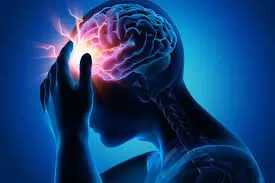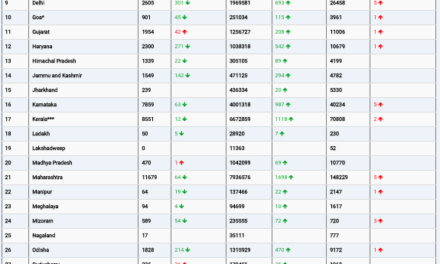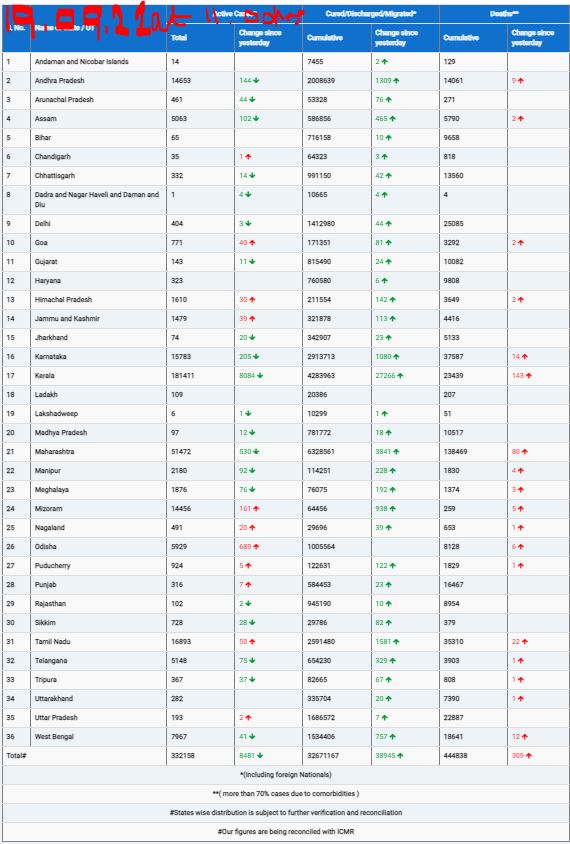
One-third of stroke patients continue to grapple with a range of health complications, including movement disorders like tremor, dystonia, parkinsonism, and epilepsy, as well as depression and cognitive challenges, according to doctors speaking ahead of World Stroke Day. This day, observed on October 29, aims to highlight the gravity and prevalence of strokes, promote awareness about prevention and treatment, and advocate for better care and support for survivors.
While much attention is given to the immediate aftermath of strokes, the long-term health implications are often overlooked. Dr. Sanjay Pandey, Head of the Department of Neurology at Amrita Hospital, Faridabad, stated, “Most stroke patients develop epilepsy, but it’s the formidable post-stroke movement disorders that have a significant impact, with a morbidity rate of 10-15 percent. Post-stroke epilepsy follows closely behind at 10-12 percent, while post-stroke depression, though significant, stands at 5-9 percent. A third of all stroke patients are affected by these health issues. Unfortunately, 50 percent of stroke survivors remain undiagnosed for such post-stroke complications.”
He went on to emphasize that long-term consequences, including post-stroke epilepsy, movement disorders, chronic pain, and paralysis, greatly diminish one’s quality of life. Joint deformities, facial asymmetry, contractures, and bedsores are also common. Moreover, stroke can have a profound impact on a patient’s mental health, manifesting as anxiety, depression, memory lapses, and concentration difficulties. Some individuals may even develop vascular dementia, which can resemble Alzheimer’s disease. The cognitive challenges arising from stroke can hinder basic tasks like eating, bathing, and everyday activities, leading individuals to rely on caregivers. The enduring effects of a stroke can result in a prolonged state of dependence and, in many cases, a loss of employment.
India bears a significant burden of stroke, with approximately 18 lakh strokes occurring each year, equating to one stroke every 40 seconds, and one stroke-related death every 4 minutes. The recent Global Burden of Diseases (GBD) study indicates that India carries the highest load, accounting for 68.6 percent of stroke incidences, 70.9 percent of stroke-related fatalities, and a staggering 77.7 percent of disability-adjusted life years (DALYs) lost.
Dr. Anand Alurkar, President of the Indian Stroke Association (ISA), highlighted that around 15-20 percent of patients are under the age of 40. He noted a rising incidence of strokes in the country, nearly doubling in the past decade. The challenge in stroke cases lies in identifying symptoms and ensuring timely treatment. Risk factors for stroke include diabetes, high cholesterol levels, hypertension, obesity, and a sedentary lifestyle.
Even children are not immune to strokes, as doctors pointed out. Dr. Prashant Chaudhary, Senior Consultant in Neuro Surgery at Sri Balaji Action Medical Institute, emphasized the need for proactive stroke prevention efforts, especially among younger and middle-aged populations. Adopting healthier diets, regular exercise routines, and abstaining from tobacco and alcohol use are major steps in reducing the risk of strokes.










